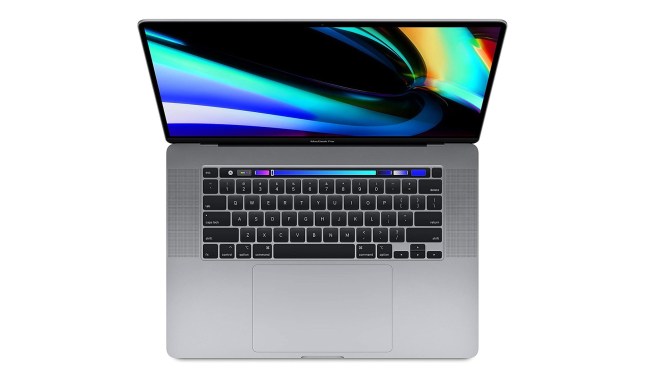
We all like free stuff. Especially when there’s lots of it. One free book is great, but how about 250,000 of them? That’s the number Google will soon be making available thanks to a newly formed partnership with the British Library. All of the out-of-copyright books will be digitized by Google — which will also handle all associated costs — and placed on the Google Books UK website.
The project covers a period spanning the years between 1700 and 1870, a press release reveals. The focus is on converting those books that aren’t otherwise available in a digital format. The source material comes in a variety of European languages and covers a vast range of topics, everything from the French and Industrial revolutions to major inventions like the railroad to the end of slavery. The process will happen over the course of several years, with content being made available both on the Google Books website and directly through the British Library.
Several texts are named as the first to be digitized, including feminist pamphlets about Queen Marie-Antoinette, details of the first combustion engine-driven submarine and — this is a weird one — an account of a stuffed Hippopotamus owned by the Prince of Orange. Once they’ve been processed and placed online, users will be able to browse through the books, perform a full text search or download content for reading.
British Library chief executive Dame Lynne Brindley sums up the idea driving this partnership in a statement. “In the nineteenth century it was an ambition of our predecessors to give everybody access to as much of the world’s information as possible, to ensure that knowledge was not restricted to those who could afford private libraries. The way of doing it then was to buy books from the entire world and to make them available in Reading Rooms.”
“We are delighted to be partnering with Google on this project and through this partnership believe that we are building on this proud tradition of giving access to anyone, anywhere and at any time. Our aim is to provide perpetual access to this historical material, and we hope that our collections coupled with Google’s know-how will enable us to achieve this aim.”

